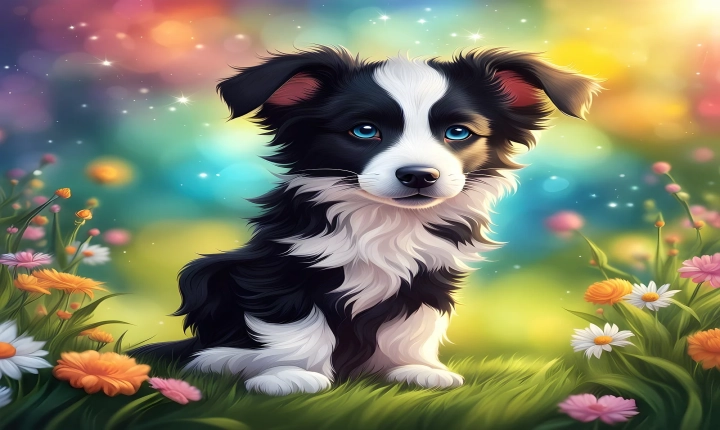Can AI have copyright? This is a question that has sparked considerable debate in the legal and technological realms. As artificial intelligence (AI) becomes increasingly sophisticated and capable of creating original works, the issue of copyright ownership becomes more complex. In this article, we will explore the various perspectives on this issue and examine the implications for the future of intellectual property and AI technology.
One of the central concerns regarding AI and copyright is the question of authorship. Traditionally, copyright law has granted protection to original works created by human authors. However, as AI systems become more advanced, they are capable of producing content that is indistinguishable from that created by humans. This raises the question of whether AI should be considered the author of the works it generates, and whether it should be entitled to copyright protection.
Proponents of granting copyright to AI argue that it would incentivize the development of innovative AI technologies and provide legal recognition for the creative output of these systems. They contend that denying copyright to AI could stifle technological advancements and limit the potential for AI to create valuable and original works in various fields such as art, music, literature, and even scientific research.
On the other hand, opponents of granting copyright to AI raise concerns about accountability and ethical implications. They argue that allowing AI to hold copyright raises questions about the accountability and responsibility for the content generated. Additionally, they worry about the potential for exploitation and abuse of AI-generated content, particularly in the context of commercial use and intellectual property rights.
Furthermore, there are concerns about the potential impact on human creativity and labor. If AI is granted copyright, some argue that it could devalue the creative endeavors of human authors and artists. This could have far-reaching implications for the livelihoods of human creators and the overall cultural and artistic landscape.
In response to the complexities surrounding AI and copyright, some legal experts and policymakers have proposed alternative frameworks to address these issues. For example, they have suggested the concept of “AI-assisted” or “AI-generated” works, wherein the focus is not on attributing authorship to AI itself, but rather on establishing a legal framework that recognizes the contributions of both AI and human collaborators in the creation of works.
Additionally, some have proposed the concept of “guardianship” where a human or a legal entity assumes responsibility for the AI-generated content and acts as the copyright holder on behalf of the AI system. This approach aims to address concerns about accountability and ethical considerations while still enabling the protection of AI-generated works under copyright law.
As AI technology continues to advance, it is clear that copyright law will need to adapt to accommodate the changing landscape of creative production. Balancing the need to incentivize innovation and creativity with ethical considerations and accountability is a complex challenge that requires thoughtful deliberation and collaboration among legal experts, scholars, policymakers, and technology developers.
In conclusion, the question of whether AI can have copyright is one that is far from settled. It is a topic that raises fundamental questions about the nature of creativity, authorship, and the legal frameworks that govern intellectual property. As AI technology evolves, it is essential for stakeholders to engage in dialogue and deliberation to develop a legal and ethical framework that accommodates the complexities of AI-generated works while upholding the principles of creativity, accountability, and fairness.
